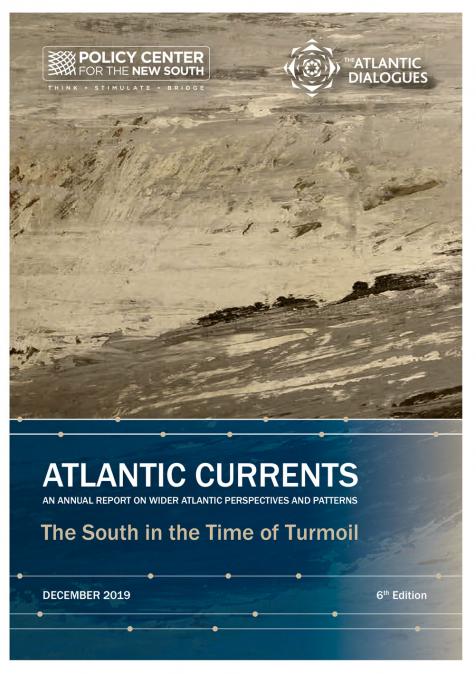Global economies leaders are increasingly embracing economic nationalism, and under current circumstances, this trend has the potential to become the dominant norm. Since the global financial crisis, developed economies have started to adopt inward economic policies as a means of fostering recovery. Notably, protectionist trade measures have taken center stage in these strategies. The series of shocks witnessed by the global economy in recent years has fostered a conducive environment, leading local governments to prioritize insulating themselves from global shocks and accentuating their economic sovereignty. A shift towards economic resilience and security has eclipsed the previous emphasis on efficiency, with economic sovereignty emerging as a primary objective in economic policy. This approach has been shown to exacerbate challenges, pushing the global economy into a state of lower equilibrium and generating adverse effects. While this trend could result from the confluence of conjunctural shocks and thus be a temporary behavior, it may also harbor the seeds of a more protracted reflex among policymakers, anchoring policy on nationalism as the new normal.
- What are the different layers of economic nationalism and to what degree have recent shocks influenced the adoption of this policy shift?
- What ramifications does this trend hold for developing economies, and how can they shape their economic policies in response to these prevailing circumstances?
- Is economic nationalism poised to become the new normal in the global economic landscape?
- In the face of the growing prominence of economic nationalism, how can confidence in the principles of international cooperation and multilateralism be restored?



